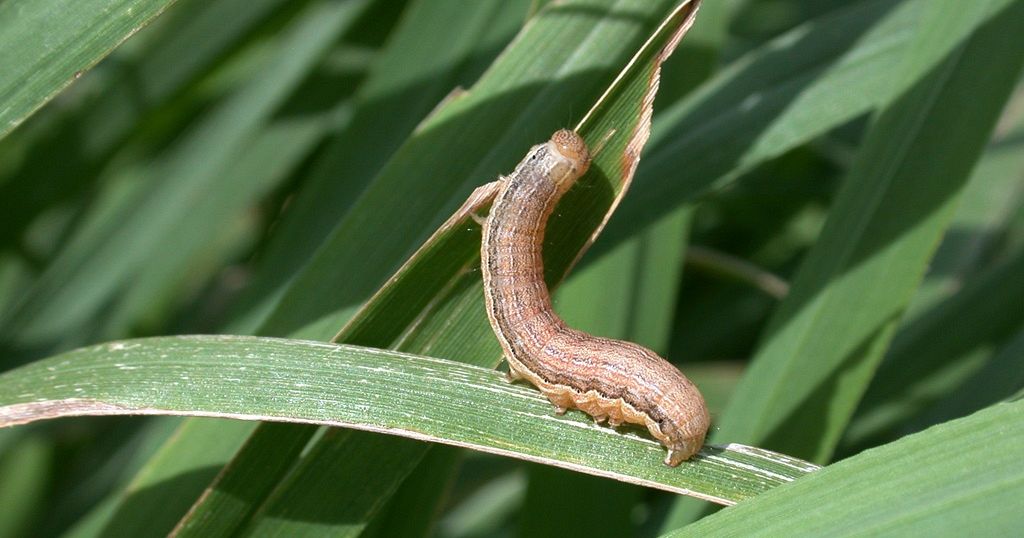 |
| Armyworm |
Ugandan farmers are
set to lose 400,000 tonnes of grain worth $200m (Shs 720bn) as a result
of the fall armyworm invasion, a study has found.
Makerere-based
Economic Policy Research Centre (EPRC) researcher Paul Lakuma reported
in the latest Business Index covering January to March, that this year's
harvest remains in doubt and farmers are likely to count heavy losses.
Quoting USAID's
Regional Supply and Market Outlook East Africa, Lakuma said Uganda will
harvest 1.03 million tonnes of maize this year, down from 1.18 million
tonnes last year due to losses owing to the invasion of the armyworm.
"The invasion of
the army- worm reinforced the existing pessimism driven by increasing
input and product cost, fewer new business opportunities and lower
turnover," says the EPRC study which, however, indicated that the
general business climate perception had improved.
Uganda has
allocated close to $7m as a short-term measure to contain the worm
through spraying of pesticides. There has been limited success with
containing the worm as some farmers say the sprays are not working.
Government has distributed free pesticides to help contain the insect.
Lakuma said the
fall armyworm invasion calls for intensification of preventive measures,
improvement of the crop inspection infrastructure and coordination of
inspection activities with regional partners such as Kenya and Tanzania
to minimize the impact of cross-border contagion.
Government said in a
statement in April that Uganda produces up to four million tonnes of
maize grain annually, making it the third highest crop produced.
It added that maize contributes to the livelihoods of over 3.6 million households.
"Based on the
estimated yield loss of 15 per cent to 75 per cent elsewhere, the
presence of the fall armyworm in Uganda could translate to an annual
loss of at least 450,000 tonnes of maize that is equivalent to $192.8m,"
the statement said.
"The figures that
we have are only reflective of maize; how- ever, the pest affects more
crops thereby heightening the potential loss to the economy," the
statement said.
Government said in
some districts, more than 40 per cent of the maize crops in the fields
had been attacked. Bank of Uganda figures show that maize exports
dropped in 2016 to $70m from the $90m exported in 2015. The situation
could get worse as the full impact of the armyworm is felt.
On the business
environment, Lakuma says perception has improved significantly although
high electricity tariffs, low demand for goods and services and
depreciation of the Uganda shilling affected the mood.
The armyworm in
February 2017 partially curtailed the improvements of the business
environment by posing a major threat to food security and agricultural
trade, the study said.
While the future
outlook of businesses remains positive, urgent action will be needed to
prevent devastating losses of crops and farmers' livelihoods, EPRC said.









No comments:
Post a Comment